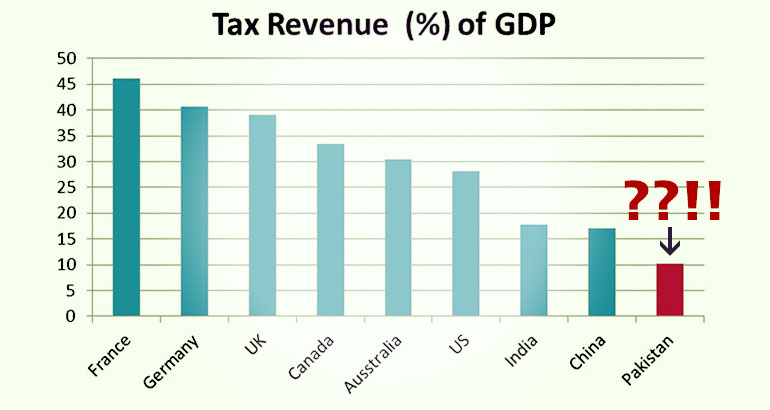Enhancing Your Technology Expertise
Technology has played an important role in shaping the accounting profession and will continue to change the way people work in years to come. New versions of financial software applications are being introduced continually, and timely upgrades are a competitive necessity. While advanced software and hardware features offer many benefits, even the most tech-savvy accountant can find it challenging to stay current. Keeping skills up-to-date requires a lasting commitment to learning.
A recent survey by a company found that 39% of chief financial officers expect accounting professionals to have a greater influence on technology and information systems initiatives over the next five years. This makes it even more important to assess and improve your technical proficiency on a regular basis.
Take the initiative
Look for opportunities to develop your abilities on your own by volunteering for projects that require information technology (IT) skills, such as a systems upgrade or implementation of a new application. Don't be afraid to ask for help when you have questions about a system or process. Your company's IT staff can often provide hands-on training as well as valuable insights that relate directly to a new software product your firm is using or a key project you're managing. Consider them an untapped resource in your professional development.
Offer to assist with the initial and end stages of a project. For example, you may be able to supervise the quality control processes of an online purchasing initiative. While leaving the programming aspects of the application to the IT team, you can test the final product to ensure it achieves your business goals, including routing the correct financial information to the proper channels, updating transaction records, and automatically shipping any goods that were bought. You may also want to participate in the requirements-planning phase since you'll understand the objectives of the project.
One obstacle that you may have to overcome when offering your assistance is resistance from the IT groups, who could feel your lack of experience would do more harm than good. In this situation, it's important to demonstrate the value your perspective and specific skill sets bring to the assignment.
Participating in the testing and planning stages of projects will help you gain an increased understanding of the technical aspects and allow you to become more heavily involved in upcoming initiatives. In addition, you'll avoid the trial-and-error pains that can hinder productivity.
Pursue training programs
As technology has become more prevalent in the workplace, universities, community colleges, and seminar providers have responded with a growing number of related courses. Look for classes designed specifically for non-IT professionals seeking to build technology skills. Many are tailored to working professionals and are scheduled during evenings or on weekends.
Acquiring a professional certification is also extremely beneficial. In fact, in a recent Robert Half Finance & Accounting study, 85% of CFOs said earning an advanced accreditation-such as a certified information technology professional (CITP) or Microsoft certified professional (MCP) designation-is valuable for career advancement. These credentials enhance your knowledge and experience and demonstrate your commitment to your firm and the profession.
Take the knowledge you gain in the classroom and your certification courses, and put it into practice. Most people learn by doing, and applying your new skills will help provide you with a better understanding of how processes work.
Stay up-to-date on technology-related issues
Two of the most in-demand areas of specialization are online security and e-commerce. Accounting professionals are playing more active roles in assessing business risks associated with technology security. Becoming more experienced in these areas, particularly on a principles level, will help you work more effectively with IT staff on projects such as the implementation of new systems and applications and the development of strategies to safeguard assets.
In e-commerce, accountants are counted on to provide a business– side perspective as opposed to the technical insight necessary to design the program. For example, you may have a better understanding of the data flow requirements.
Get involved
Many accountants fail to maximize the resources available to them through professional organizations like the Institute of Management Accountants. These associations are committed to serving the needs of their members. This often includes technology education and certification programs.
Another useful method for increasing your involvement and building your knowledge base is par. ticipating in a users' group that focuses on a particular technology o software application, such as SAP, QuickBooks, or AutoMate. The software distributor or manufacturer often provides a referral to a local contact.
Users' groups typically meet once a month at a central location. Frequently, the sessions begin with guest speakers who address common issues related to a particular product, followed by a questionand-answer session and open discussion. Some groups maintain websites with message boards where participants can post inquiries and receive feedback from other members. This can be a critical resource when faced with IT questions or challenges outside normal business hours.
Technology skills have become essential for accounting professionals. It's important to volunteer for IT projects that could benefit from your expertise and to make related training and education an ongoing priority so you'll not only be proficient in current applications but also understand potential future developments. Just as critical is applying what you've learned to practical situations, which will further enhance your abilities.



